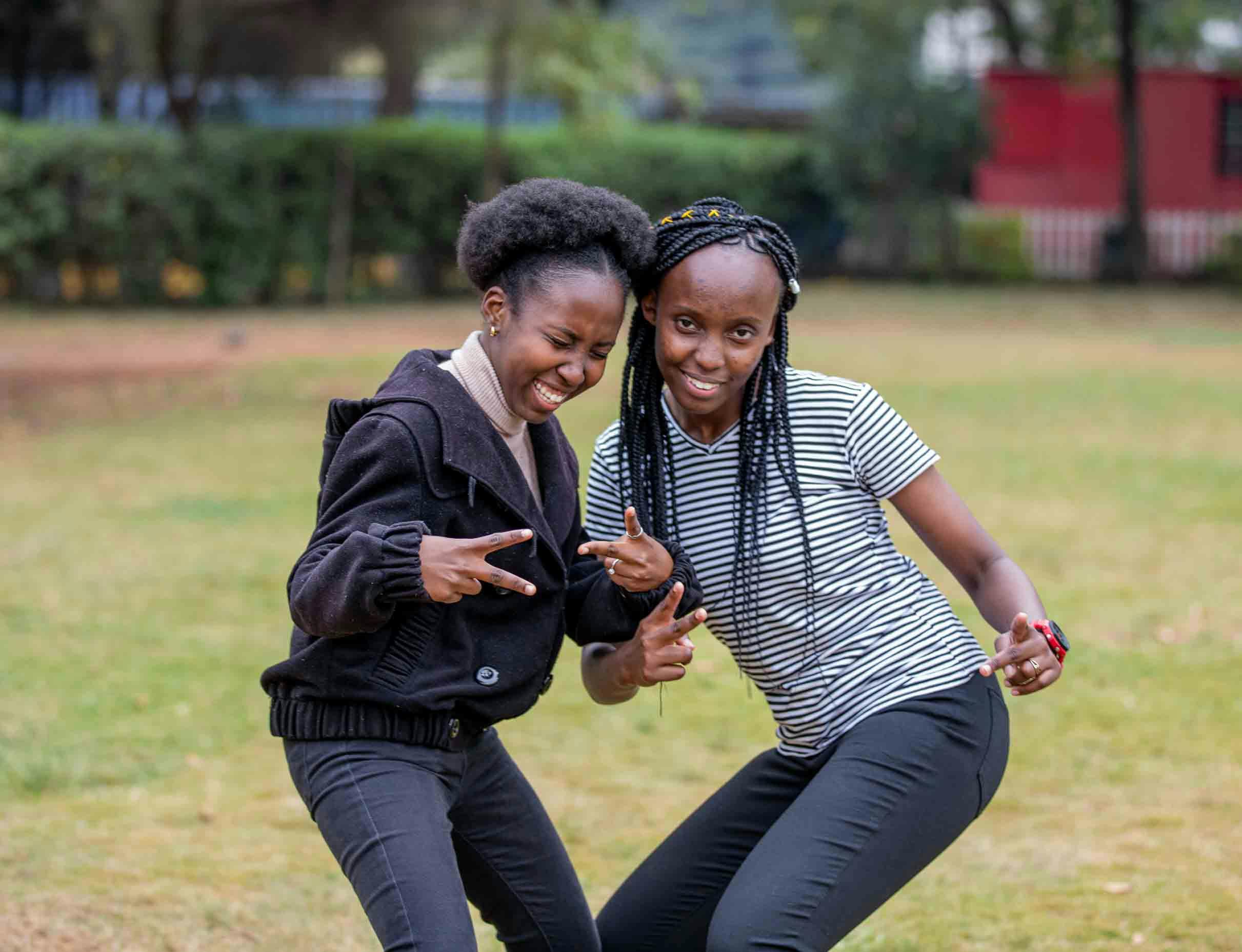Pay Attention!

The 2009-2010 school year was a rough one for me. It was my second year teaching. Usually the first year is the worst. Fortunately, my first year went amazing due to some great neighboring teachers who share their plans and resources and mentored me.
I switched to a “tougher” school for year 2. I figured year 1 went so well, of course I would do well year 2. WRONG!
I wasn’t prepared for the cultural differences. I thought the lesson plans that worked so well with one group of kids would work with another. I didn’t prepare myself physically, mentally, or emotionally for the battle it would be to engage high school students in math courses. Mostly, I wasn’t prepared to teach students in poverty, who had so many daily challenges on their mind that for many, school wasn’t in their top 10 of concerns.
By semester 2 I gave up on giving up and stuck with it, despite telling my assistant principal that I would quit. I remember we had visits from “the state” a couple of times a quarter since our school was in danger of failing. They cranked up the micromanagement hard.
I was struggling in the classroom. But I was good at one thing… computers! I would take my students to the computer lab every week or two and we would jump on the computers and do cool math widgets (whatever we had access to back in 2010).
I felt like I was cheating when the state would come visit because I felt like they had to see me in the traditional classroom.
But, through the encouragement of a friend, I went for the computer lab on one of their state visit days. Besides students coming in late due to the classroom changes that they conveniently forgot about, it went great! And they saw students using technology, which checked a lot of boxes for them.
But something more important happened that day besides making my principal look good.
Two ninth grade girls who had recently moved from Haiti, right before the big 2010 earthquake, motioned that they were hungry. They didn’t speak English and my Haitian Creole is laughable, so we had trouble communicating. BUT, in the computer lab, we had access to Google Translate. So since them motioning to their tummies that they were hungry couldn’t facilitate an entire conversation, I prompted them to sit down and we could try conversing via Google Translate. That wouldn’t have happened in the prehistoric non digital classroom of 2010 (I didn’t even have a smart phone).
I proceeded to ask them why they were hungry. They mentioned they didn’t have lunch. I asked why they didn’t have lunch. They said they didn’t have any money. I asked them if they were aware that the school gives out free lunch for students who qualify. They had no idea. I sent them with a trusted student assistant to the office to get the appropriate forms, translated into Haitian Creole of course.
These girls had been students at our school for months, and had no idea they had access to free lunch. They were going hungry every day due to something that simply required filling out one form one time.
They came back cheesing, with ear to ear smiles. They had already been approved.
We sat back at the computer and continued conversing via Google Translate. How were they feeling about the move to the US? Do they still have lots of family in Haiti? How are their other classes going? How do they like their teachers? What do they need help with?
For the first time in months, these girls were having a conversation with a teacher, and feeling heard, seen, and loved. And they were learning new things and building connections.
After class, the teacher across the hall noticed their huge smiles and laughs as they walked out of class. He asked, “What did you say to them to make them so happy?”
Sometimes, you just have to pay attention.